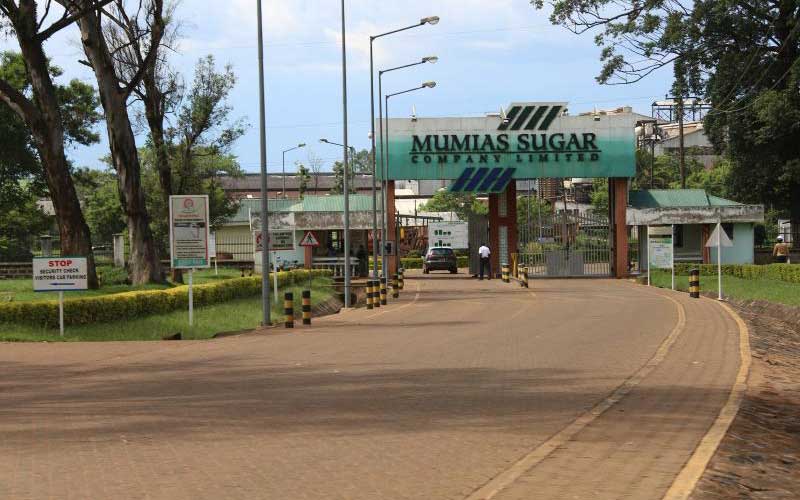×
The Standard e-Paper
Smart Minds Choose Us

The bad times did not just happen on Mumias Sugar Company.
There were signs. Some more visible than others. But all were noticeable to anyone who cared enough to look. Former and current staff at the company have a place to lay their blame. They say, after years of pointing out the wrong, no one in a position to alter the course of the company’s downfall even batted an eyelid.